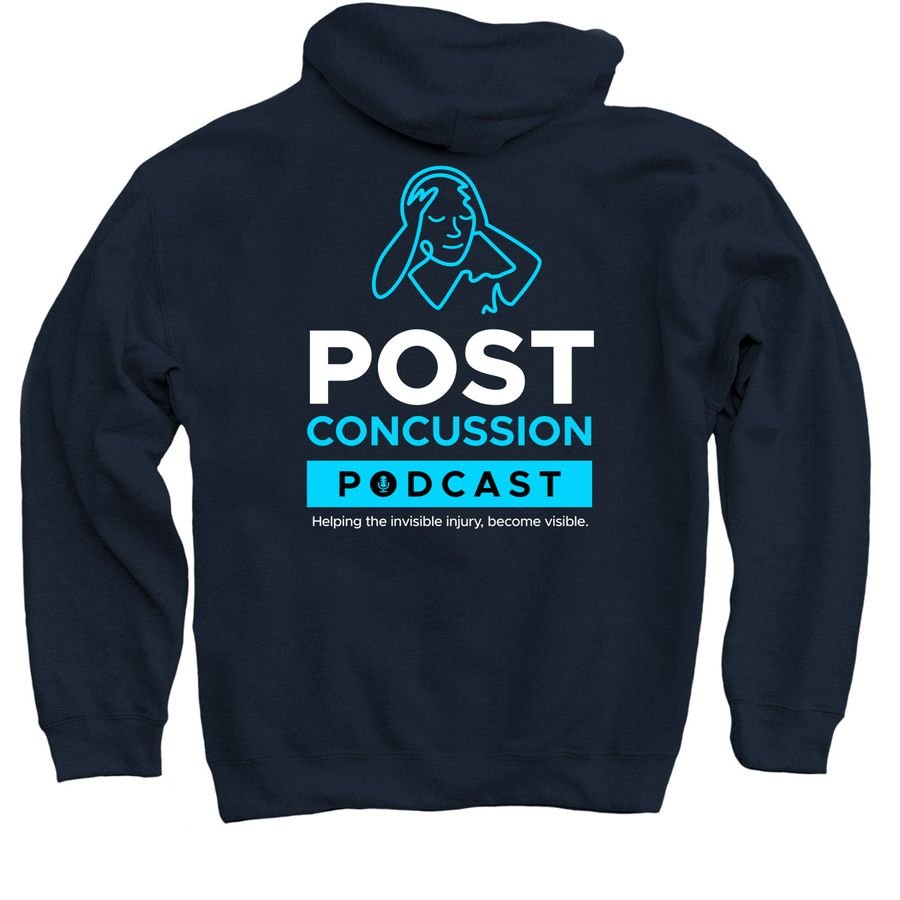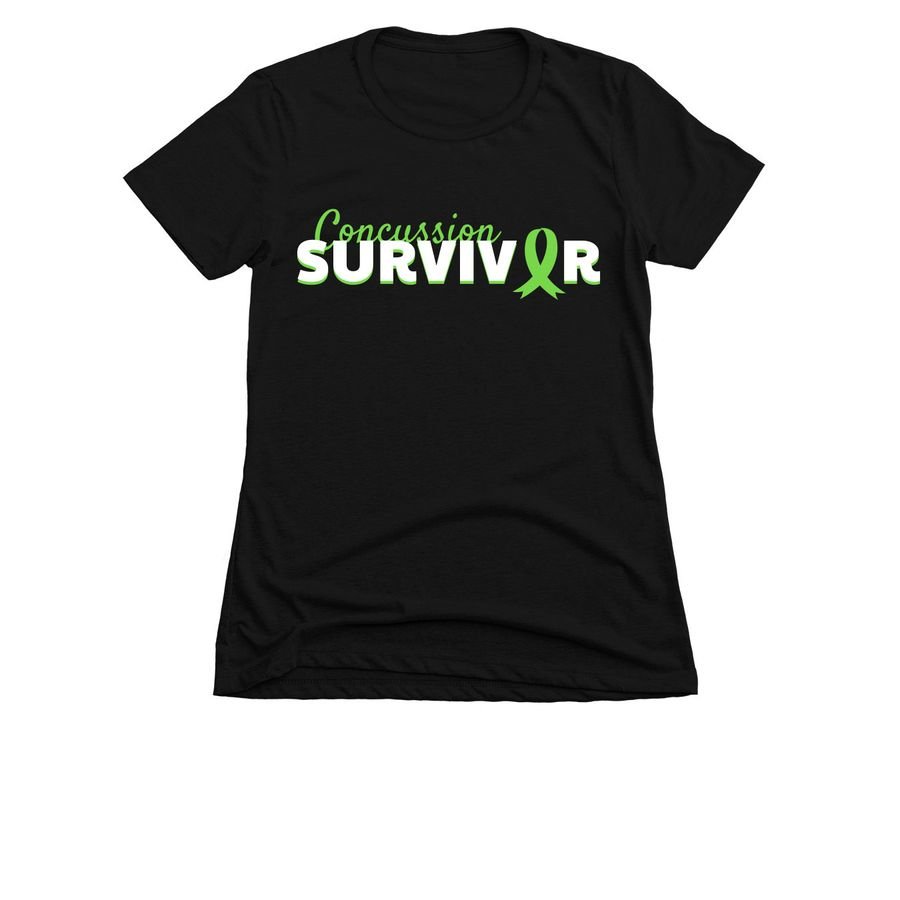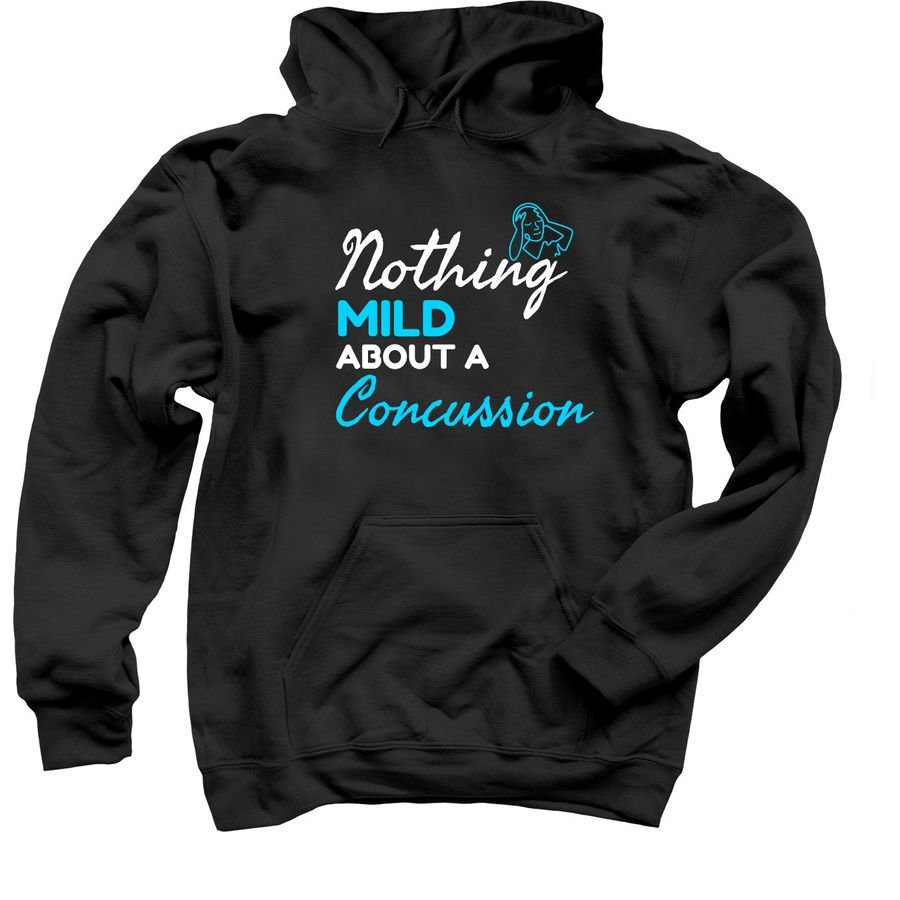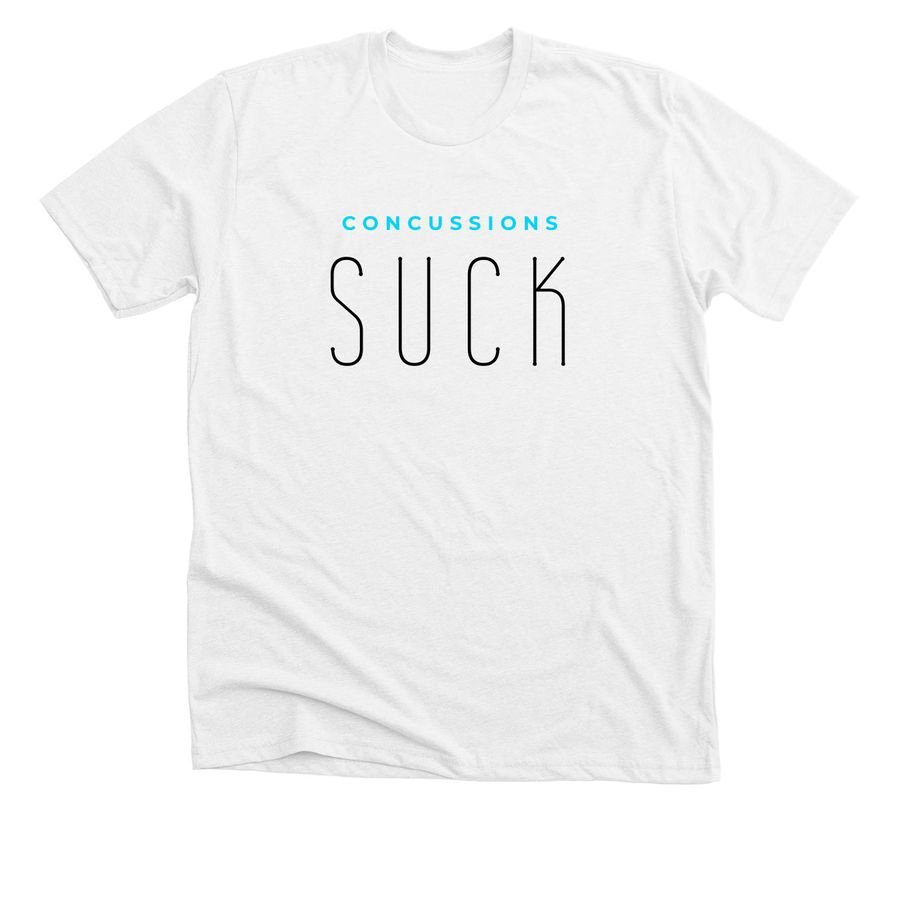Lauren Spiece
Concussions/Brain Injuries: 6
Cause: Sports, Other
Lauren’s Story
My concussion journey, I guess, started when I played sports as a kid. My first concussion happened on a soccer field, when I was maybe 10 years old. Lights out when I hit the ground, not sure how long. At the time, no treatment was provided, my parents just watched me. No time off from school because it was so poorly understood back then. I had my second one playing "touch" football in the backyard with my brother. Kids being kids. My head bounced off the ground, but I remained awake. No treatment, just felt funny and went on with life. The third occurred when I was ice skating, probably around 14/15 years old at a lesson. My skates slipped on the ice, I woke up on my back, on a bench looking up at the ceiling of the rink, no idea what had happened to me. Again, I just went home and my parents watched me. Life went on. This was the typical treatment for concussions when I grew up.
Fast forward through life to being an adult and in my mid-twenties. I became a special education teacher. My FAVORITE job and passion in life. I sustained 3 concussions over 14.5 years of teaching.
The first (4th lifetime) was about 30 head strikes (mostly open hand). I did go to the ER, was told to rest, and missed about a week of work. I struggled with memory, brain fog, and completing tasks. Initially I had some balance issues, but they subsided. As a result, at the end of that school year, I was transferred to a middle school position to reduce the risk of sustaining another concussion.
The second concussion was the result of a single head butt to the face, which was completely accidental. Again, I remained awake, but immediately felt nauseous, dizzy, and blurry vision. I went to the ER again and was out of work for about 3 months. I could not drive for about a month and then only for 30 minutes at a time. I had sensitivity to sound that continued for several years and at times would still have difficulty if I was startled. When I did go back to work, I struggled with light and sound sensitivity and immediately had to go to half days. That continued for about 2 months until I could transition back to full time work. I did not receive any therapies for this concussion, but I worked with my doctor, and he encouraged me to exercise. I really enjoyed running and he encouraged it as long as it did not make my symptoms work. When I started running, I saw an improvement in my symptoms and found that it did help me heal.
I did have difficulty with depression, but it did get better with time. Unfortunately, about 5 years later, after this doctor had told me not to get another concussion, as the consequences could be devastating, I sustained my most recent concussion.
The last one (6th), was from a single blow to the head. Unfortunately, this can be a reality of working in this field. Even with my history, I could not see myself doing anything else and I continue to go back to the classroom, except this time, it did prevent this on some level (I no longer work as a teacher, but still in schools, though this was decided before the concussion, but ended up being the best thing for me). I don't remember feeling the hit and thought it was not that bad, but about 10 minutes after, I started to have issues with my cognitive function and went to urgent care. My colleague had told me that I was hit pretty hard. In the back of my mind, was the statement from after my previous (5th) concussion that I should not sustain another one. Yet, here we were. I quickly realized that I did indeed have another concussion and sought treatment immediately.
I spent a couple of days in darkness with awful headaches and confusion. The following week, I attempted to go back to work for half days per the doctor wanting me to try getting back into a routine. I quickly realized this was a mistake as my symptoms came flooding back and worse then when I initially sustained the concussion. I tried to teach a lesson and realized I could not put a sentence together, was sensitive to light, and was confused. The following day, I did not make it 10 minutes into my day and a walk across the street sent me home with multiple symptoms. I had to be picked up by my dad to go back to urgent care and get a CT and colleagues helped me get my car home because I could not drive.
The symptoms continued to progress and over the last 7 months has included: light sensitivity, sound sensitivity, headaches and migraines, word finding issues, confusion, lack of concentration, difficulty with short term and working memory, not able to focus, hallucinations, insomnia, heart rate issues, not able to adapt to temperature changes, severe depression, suicidal ideation, anxiety that did not allow me to leave my home, could not cry, flooding, dizziness, nausea, brain fog, extreme exhaustion (mental and physical), eye strain and soreness, neck pain, mobility issues, right side weakness, balance issues, depth perception deficit, eyes could not converge, could not track moving items, tripping and stumbling, running into walls/doors, difficulty driving, difficulty with changing positions, unable to track my movement in space without getting sick, tingling in extremities, peripheral vision deficits, distorted vision, floaters, fuzzy vision, and blurry vision.
Prior to this concussion, I worked out 6 days a week kickboxing and weightlifting and was in the best shape of my life. This all came to an immediate halt. I quickly found I could not walk down my street without a significant increase in symptoms. What I did not realize at the time, was that I was only at the start of what would be months of rehab and finding my way in a world that was no longer familiar to me and in a body that I was no longer able to predict. I started to lose myself along the way.
After I was diagnosed with PCS (about 3 weeks out from the initial blow), I was referred out to a neurologist. I found that she was not helpful. Initially, she only recommended increasing my medication to help with the anxiety (which at least allowed me to leave the house!). I pushed back and asked for OT and PT and she did prescribe them (BUT I HAD TO ASK!). Then, after I started to have hallucinations at night and called her with my concerns, she brushed me off and did not acknowledge them as concerns and only offered me a medication for my headaches. This was clearly not what I had called her about, so I stopped seeing that particular neurologist.
I then found a concussion and head trauma clinic and received a much better response to what I was dealing with. Due to the multiple issues with my vision and vestibular system, they also recommended me seeing a Neuro-Optometrist who recommended vision therapy. Due to my mood swings and emotional lability, I also sought counseling. I continue to go to all of these therapies weekly.
In my mind (after my experiences from all my other concussions), I initially thought it would be a few weeks, maybe a couple of months and I would feel like myself again. The longer my symptoms persisted, the more hopeless I felt. I was exhausted every single day from trying to tell myself I was okay, from pretending that I was fine. If people didn't know, I would tell them and they would always tell me they would never know there was something wrong. I thought I was a good actor, but deep down, I knew I was not my best self. That I was only performing and at a level probably half of what I knew I was once capable of.
The loss of self was probably the hardest for me to grapple with. I got stuck on my past and where I was and worked hard with my therapist to accept and heal. I often felt like I was crazy. I couldn't understand why things I once enjoyed were so difficult for me and would get angry with myself when I could not enjoy them. I worked at my new job with time for breaks and was able to step away when needed, but could not do much more than that on any given day. I would get home so exhausted I would just stare at the wall or into space. I stopped connecting with friends on a regular basis. Going out places was nearly impossible without sunglasses and ear plugs to decrease the sensory overload.
In addition to the concussion, I was dealing with PTSD from the trauma of the blow to the head. I blamed myself for a lot of what was going on and this made everything else more difficult. I struggled (and continue to struggle) with hypervigilance and memories of the incident. Over time, this drove me into a more severe depression. I had headaches daily and it was exhausting just to function, let alone combat the now invasive and pervasive thoughts of suicide that had crept into my head. I ended up going to the ER twice in a matter of days and was admitted to an inpatient facility.
It was there that I started to heal. It was scary and it was traumatic, but I also felt safe from myself for the first time in months and I no longer had to fight alone. This was only a few weeks ago (from me writing this story). While things have not been smooth sailing, I am starting to look at things differently and accepting my daily reality. This is allowing me to be more open and able to let the therapies do their job.
So, things I found helpful and recommend to others that are suffering: do your research and ask questions, do not accept that this is as good as it will get, there is not enough research or understanding of concussions and every single one of us with a concussion is different and that is okay, but go to appointments armed with information; keep a journal of your symptoms and what you are experiencing, this really helps when you see your doctor; be kind to yourself and give yourself grace; talk to someone if you are struggling, it is likely that you will find someone that has dealt with this or will be there just to listen, or find a professional to talk to; take breaks and allow yourself to recover, this was a downfall for me and I am now utilizing every day to help get better; if you don't like your doctor, find someone else or get another opinion; write about your experience; find a positive outlet for anger and frustration; never give up hope.
Advice from Lauren:
Do not ever give up. You are strong enough if you open yourself to experience life to the best of your ability. This is your story, share it. It is NOT over! @spice.of.life1
Create Awareness!
Join Concussion Connect for FREE!
We understand the need for a safe place to go separate from your regular social world, less overwhelming and more personal. Join Concussion Connect to have a place to share and get support along your survivor journey!
Concussion Connect has provided me a space to learn more about what is going on inside my brain and body, find the words to express how I am feeling, not feel so alone, and learn about and use different resources! It provides a sense of being understood that has been missing since my accident, even brings a sense of understanding myself. - CC Member






